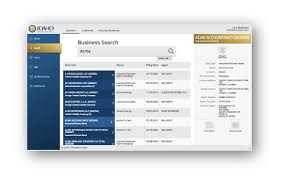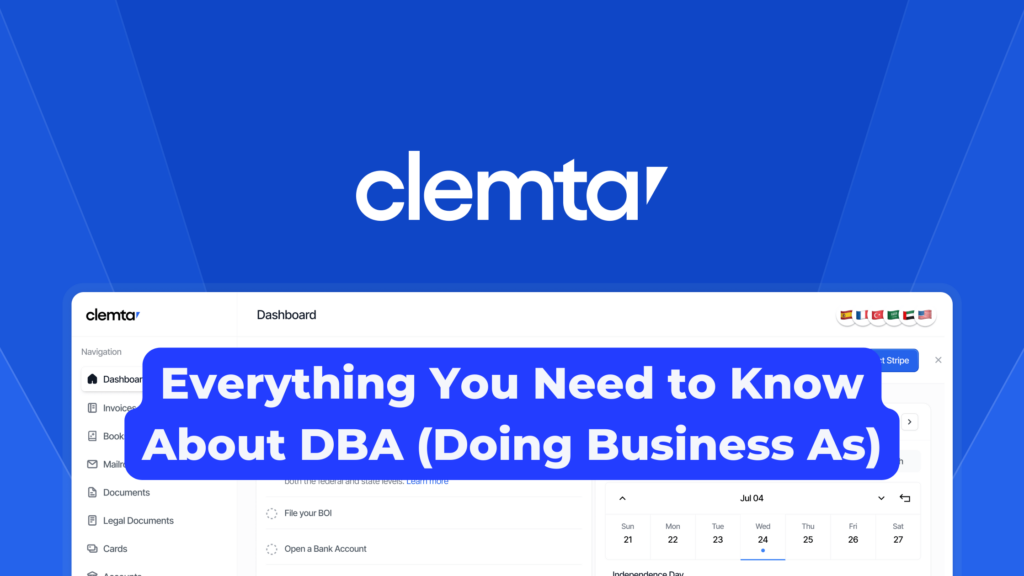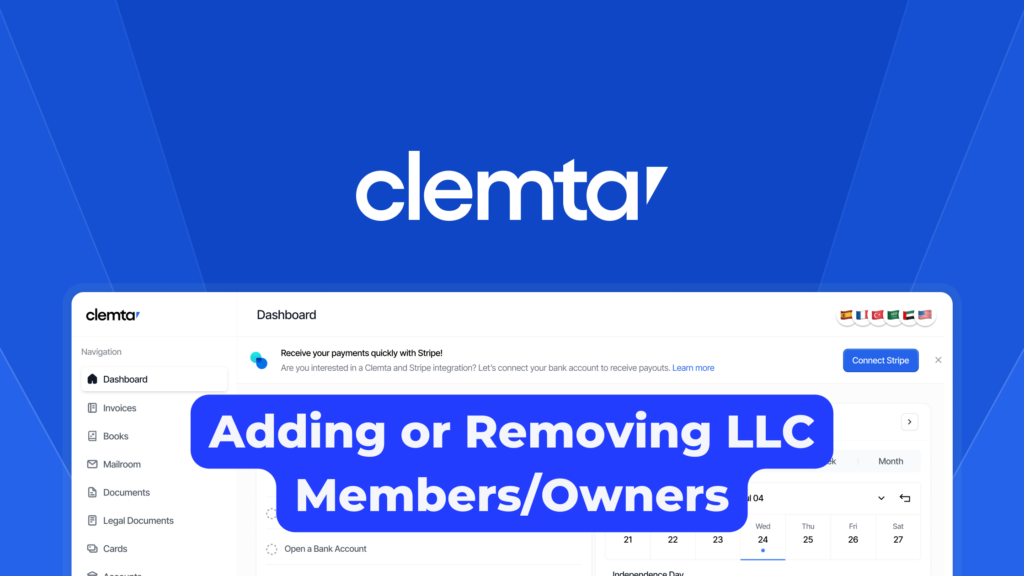Starting an LLC in 2025 is one of the smartest ways to protect your personal assets while building a business. With streamlined processes and online resources, forming an LLC has never been easier. Whether you’re a first-time entrepreneur or a seasoned business owner, this guide will walk you through the steps to apply for an LLC and set your business up for success.
For more state-specific information, check your state’s official website, such as www.sos.state.tx.gov for Texas or similar resources.
Key Takeaways
Learn how to apply for an LLC in just seven steps, including choosing a name, filing paperwork, and obtaining necessary licenses.
Understand the importance of compliance, tax planning, and maintaining good standing after forming your LLC.
Explore different types of LLCs to determine which structure is best suited for your business needs.
The 7 Steps of Applying for an LLC
Limited Liability Companies (LLCs) are a popular business structure because they protect personal assets, offer tax flexibility, and are relatively easy to establish. Below, we’ll break down the seven essential steps to apply for an LLC in 2025.
Choose Your Business Name
Your business name is more than just a label—it’s the foundation of your brand. A strong, unique name can help your LLC stand out in the market and resonate with your target audience. However, naming your LLC also involves meeting legal requirements:
- Be unique and distinguishable: Ensure your name is not already in use by conducting a search on your state’s Secretary of State website.
- Include an LLC designator: Most states require your business name to include “LLC,” “Limited Liability Company,” or a similar variation.
- Avoid restricted terms: Words like “bank” or “insurance” may require special approval.
- Check trademarks: Avoid legal disputes by ensuring your name doesn’t infringe on existing trademarks.
If you’re not ready to file your LLC immediately, many states allow you to reserve a business name for a small fee. This ensures your chosen name is available when you’re ready to move forward.
For more details, visit your local Secretary of State website, such as www.sos.state.ca.gov for California.
Designate a Registered Agent
A registered agent is a person or business entity responsible for receiving legal documents on behalf of your LLC. This includes service of process, tax notices, and compliance reminders.
Most states require your registered agent to:
- Be a resident of the state where your LLC is formed.
- Have a physical address (P.O. boxes are not acceptable).
- Be available during regular business hours.
You can act as your own registered agent, but hiring a professional service can offer privacy and ensure you never miss important documents. This is especially useful if you operate in multiple states or run a home-based business.
Determine Your LLC’s Management Structure
Before drafting your operating agreement, you’ll need to decide how your LLC will be managed:
- Member-managed LLCs: All members (owners) participate in running the business. This is common for small LLCs with hands-on owners.
- Manager-managed LLCs: Members appoint one or more managers (who may or may not be members) to handle daily operations. This is ideal for larger LLCs or when members prefer a more passive role.
Choosing the right management structure is critical for smooth operations and clear decision-making. A clearly defined structure can also help avoid potential disputes among members.
Draft an LLC Operating Agreement
An operating agreement outlines how your LLC will function, including roles, responsibilities, and financial arrangements among members. While not required in every state, it’s highly recommended to have one in writing.
Key components of an operating agreement include:
- Ownership percentages and profit-sharing.
- Decision-making processes.
- Procedures for adding or removing members.
- Steps for dissolving the LLC if necessary.
A well-drafted operating agreement can prevent disputes and protect your LLC’s long-term success. For additional guidance, consult resources like www.business.gov.
File Articles of Organization
To officially form your LLC, you’ll need to file documents called Articles of Organization (or a similar name, depending on your state). These documents include:
- Your LLC’s name and address.
- The name and address of your registered agent.
- Information about your LLC’s management structure.
Filing fees vary by state but typically range from $50 to $200. Many states allow you to file online, with some offering expedited processing for an additional fee. Once approved, you’ll receive a certificate of formation confirming your LLC’s legal status.
For more information on filing requirements in your state, visit your state’s official business registration website, such as www.sos.state.ny.gov for New York.
Obtain an EIN and Open a Business Bank Account
An Employer Identification Number (EIN) is a unique number issued by the IRS for tax purposes. It’s required if your LLC has multiple members, employees, or if you plan to open a business bank account.
You can apply for an EIN for free through the IRS website. Once you have your EIN, open a dedicated business bank account to separate your personal and business finances. This is crucial for maintaining liability protection and simplifying tax preparation.
Obtain Necessary Licenses and Permits
Depending on your industry and location, your LLC may need specific licenses or permits to operate legally. Common examples include:
- Seller’s permits for businesses that sell taxable goods or services.
- General business licenses required by some states, cities, or counties.
- Industry-specific permits (e.g., liquor licenses, health permits).
Check with your state and local government offices to ensure you have all the required licenses. You can also consult resources like www.business.gov for guidance.
What to Do After Forming Your LLC
Once your LLC is officially formed, there are a few additional steps to ensure your business operates smoothly and remains compliant:
Understand LLC Taxes
LLCs offer flexible tax options, including pass-through taxation. However, you can also elect to be taxed as an S corporation or C corporation, depending on your business goals. Consult a tax professional to determine the best structure for your LLC.
Stay Compliant
To maintain good standing with your state, you’ll need to:
- File annual reports.
- Pay any required fees or franchise taxes.
- Keep your registered agent information up to date.
Expand to Other States
If your LLC operates in multiple states, you’ll need to register as a foreign LLC in each state. This involves filing additional paperwork, appointing a registered agent in the new state, and paying applicable fees.
Types of LLCs: Which One is Right for You?
There are several types of LLCs to choose from, depending on your business needs:
- Domestic LLC: Operates in the state where it was formed.
- Foreign LLC: Expands operations to other states.
- Professional LLC (PLLC): Designed for licensed professionals like doctors or lawyers.
Each type has specific benefits and requirements, so choose the one that aligns with your business goals.
Final Thoughts
Starting an LLC in 2025 is an excellent way to protect your personal assets, simplify tax obligations, and establish a professional presence. By following these seven steps, you can confidently apply for an LLC and focus on growing your business.
Ready to get started? Let Clemta simplify the process for you. Visit app.clemta.com today to begin your LLC application with ease.
FAQs
How much does it cost to apply for an LLC?
LLC filing fees vary by state but typically range from $50 to $200. Additional costs may include registered agent services, operating agreements, and business licenses.
Can I form an LLC on my own?
Yes, you can form an LLC on your own by filing the required documents with your state. However, using a professional service like Clemta can save time and ensure accuracy.
Do I need an operating agreement for a single-member LLC?
While not legally required in most states, having an operating agreement for a single-member LLC is still recommended to clarify business operations and protect your personal assets.
What is the difference between an LLC and a corporation?
LLCs offer more flexibility and simpler tax structures compared to corporations, which are subject to stricter regulations and double taxation in some cases.
Can I change my LLC’s name later?
Yes, most states allow you to change your LLC’s name by filing an amendment to your Articles of Organization and paying a small fee.








